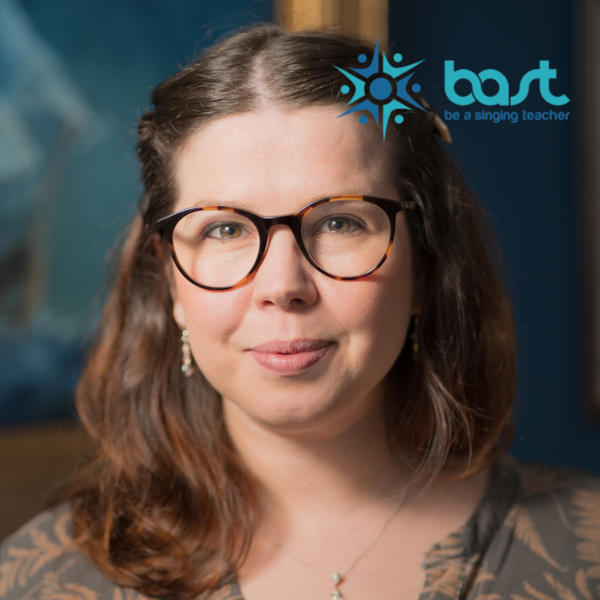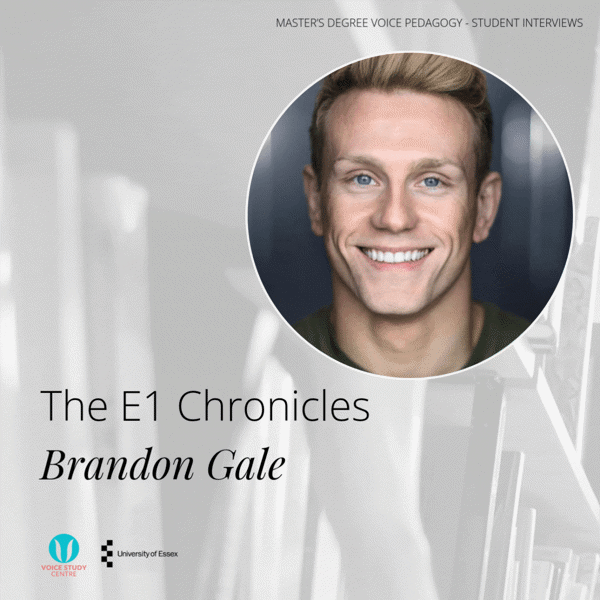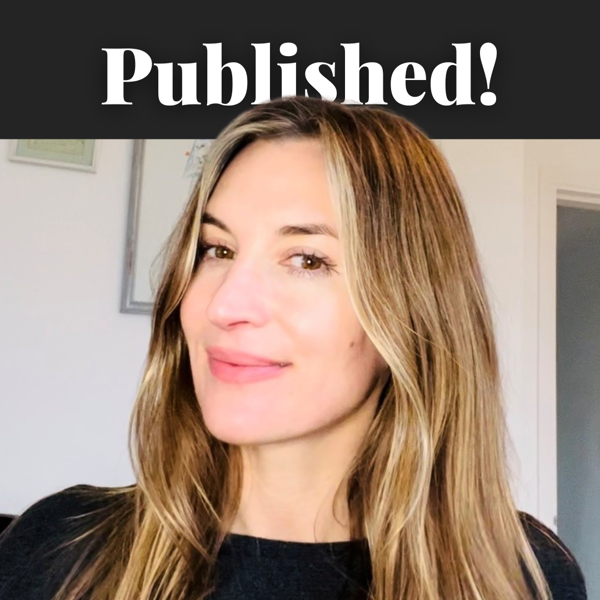The Digital Age of Voice: How AI is Shaping Our World
Artificial intelligence (AI) is a rapidly evolving field with emerging developments and applications. AI is changing how we learn and communicate, and it is highly likely that researchers, health professionals, teachers, and performers will need to reorient around it.
Many of us interact with Siri or Alexa on a day-to-day basis. They have helped to popularise the use of voice assistants and voice-activated technology. Another significant development in AI is the emergence of ChatGPT, an AI language model developed by OpenAI. ChatGPT-3 has demonstrated remarkable abilities in generating natural language processing (NLP) and can be used in various applications, including language translation and text completion tasks and chatbots (simulating human conversation through text interactions).
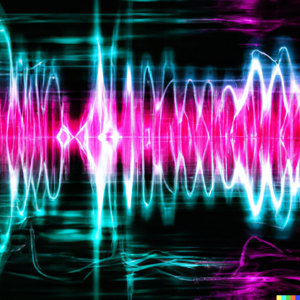
To engage with it, I asked how it can support singers and singing teachers. Here are the responses:
- ChatGPT-3 can generate lyrics and chord progressions.
- It can assist teachers in selecting appropriate songs for their students based on their skill level and vocal range.
- It can generate vocal health advice and voice exercises tailored to your needs.
- It can also assist with pronunciation and language learning for songs in foreign languages by providing guidance on proper enunciation and pronunciation of words and phrases.

There are many exciting prospects to discover! If you haven't tried it yet, you can test it and experience it for free here. Occasionally, there are access issues due to so many people using it; you can get an upgraded version called ChatGPT Plus, available for $20/£16.20 a month, which avoids this issue. And, if that got you excited, for a small cost ($18/£14.50), you could also try out a variant of GPT-3 called DALL-E which you can use to create images for album covers, social media – such as the image I created for this post – and so much more.
In addition to crafting textual content and images, AI can fashion bespoke spoken voices that are tailored to fit the requirements of a particular brand, product, or service. The technology that underlies text-to-speech (TTS) systems can be customised to match the interests and preferences of individual listeners, making it especially valuable for developing marketing voiceovers and for individuals with visual impairments who rely on audio content. You can create spoken audio for free; there are many voices and styles at Voice Design by Elen Labs.
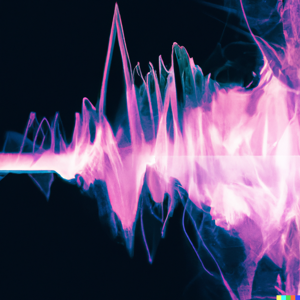
AI has become a subject of ethical scrutiny, with recent events sparking debates about its impact on various industries. One example is the original song generated by AI using Singing Voice Clone software and featuring the voices of Drake and The Weeknd, which sparked discussions about legal frameworks. The controversy led to the song being removed from streaming services and raised questions about the possibility of AI replacing human voices altogether. This development could also lead to job losses in the voice-over and news-reading industries.
The use of AI-generated voices has also raised concerns in the television industry, particularly in documentaries where AI-generated voices have been labelled as "deepfake" technology. Calls for full disclosure and consent have been made to address these issues. Additionally, psychologists have warned about the possible negative impact on society if gender stereotypes are perpetuated through AI technology without careful consideration. Finally, to ensure academic integrity in higher education, universities and colleges are implementing natural language processing and machine learning algorithms to train models that can distinguish the distinctive characteristics of content produced by AI.

It is likely that AI will become increasingly prevalent in our field, and while there are concerns about the technology's potential negative impact, it is crucial to recognise the many benefits it can provide to society. As AI continues to evolve, it is necessary to balance leveraging its capabilities with ensuring it remains safe and ethical.
References.
Coburn, C., Williams, K and Stroud, S. R. (2022) ‘Enhanced Realism or A.I.-Generated Illusion? Synthetic Voice in the Documentary Film Roadrunner’, Journal of Media Ethics, 37:4, 282-284, Available at DOI: 10.1080/23736992.2022.2113883
Cotton, D.R.E., Cotton, P. A and Shipway, J. R. (2023) ‘Chatting and cheating: Ensuring academic integrity in the era of ChatGPT’, Innovations in Education and Teaching International, Available at DOI: 10.1080/14703297.2023.2190148
Moradbakhti, L., Schreibelmayr, S and Mara, M. (2022) ‘Do Men Have No Need for “Feminist” Artificial Intelligence? Agentic and Gendered Voice Assistants in the Light of Basic Psychological Needs’, Frontiers in Psychology, 13, Available at DOI: 10.3389/fpsyg.2022.855091
MUK, I. (2023) ‘Voices from Drake and The Weekend Goes Viral’, Mixmag.
Track featuring AI generated voices from Drake and The Weeknd goes viral - News - Mixmag [Accessed 18.04.23]

